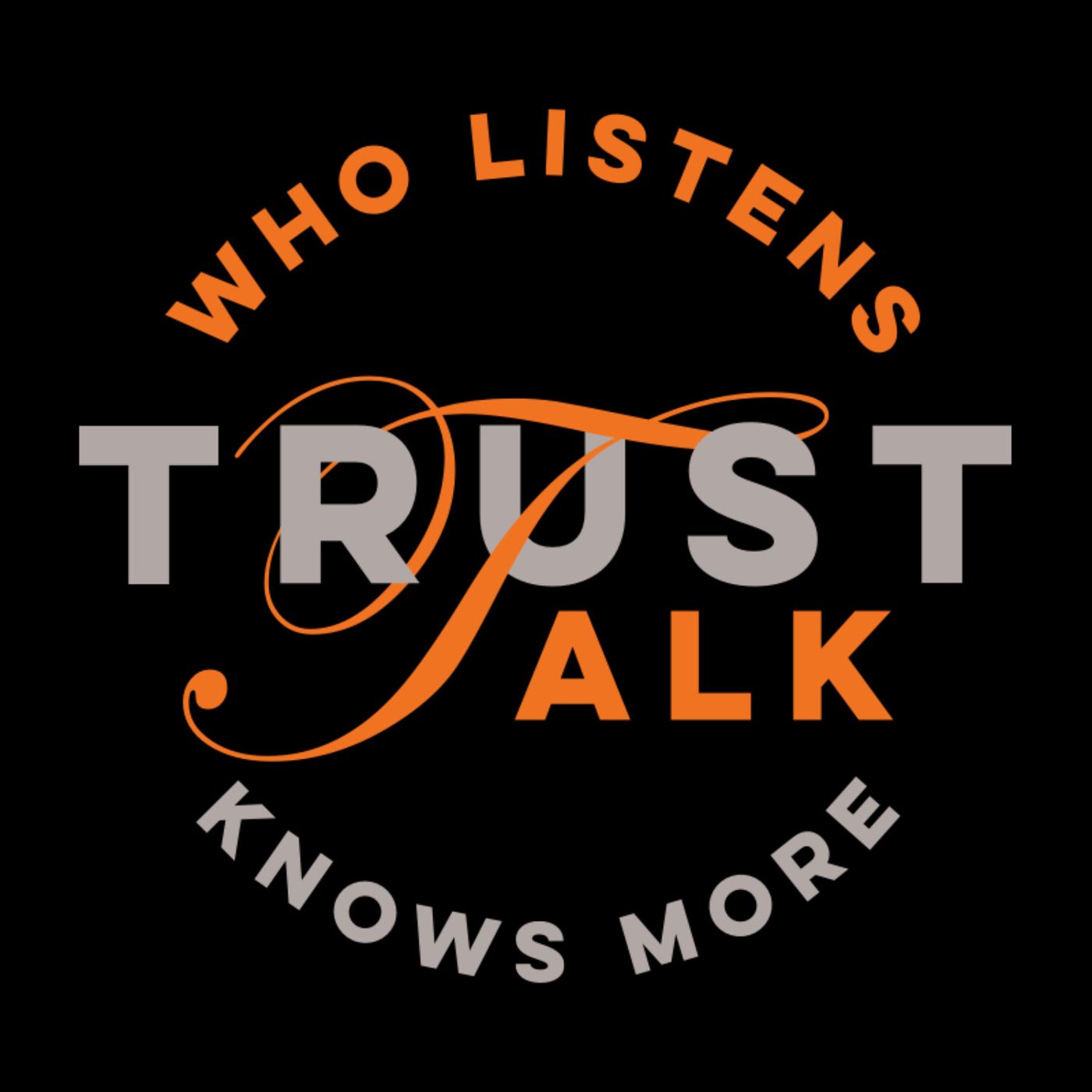TrustTalk – It's all about Trust

TrustTalk - It's all about Trust
Podcast Description
Trust is the invisible force that shapes our world, and at TrustTalk, we're committed to exploring its many dimensions. Join us as we engage with thought leaders from all walks of life to discuss the role of trust in every aspect of our world. From personal relationships to business, technology, society, and beyond, we explore the wonders of this essential human emotion. It's a journey you won't want to miss.
Podcast Insights
Content Themes
The podcast covers a wide range of trust-related topics including organizational trust, trust in politics, trust in technology, and trust in personal relationships. Episodes delve into contemporary issues such as the impact of AI on trust, the relationship between trust and immigration, and the role of trust in global trade, with specific discussions on the nature of distrust when it comes to companies caught in scandals or the implications of false narratives in media.

Trust is the invisible force that shapes our world, and at TrustTalk, we’re committed to exploring its many dimensions. Join us as we engage with thought leaders from all walks of life to discuss the role of trust in every aspect of our world. From personal relationships to business, technology, society, and beyond, we explore the wonders of this essential human emotion. It’s a journey you won’t want to miss.
My guest today, Gert Tinggaard Svendsen challenges one of the most common myths about high-trust societies: that trust is cultural or “in the DNA.” In Denmark, he argues, trust is built, not inherited. It grows from institutions, incentives, and everyday experiences of fairness. He defines trust in practical terms: the likelihood of being cheated. When corruption is low and the rule of law applies equally, people learn that cooperation usually pays. That is why corruption is so destructive, it signals that some people are above the rules, and once that belief takes hold, trust quickly erodes. Much of Denmark’s resilience, Gert explains, comes from long traditions of face-to-face trade and strong social norms. People learned that cheating carried social costs. That still matters today. Most people are what he calls “hard riders”: willing to cooperate and contribute. Trust survives because “tough riders” step in when someone breaks the rules, correcting behavior before it spreads. The same logic applies to politics. High trust makes consensus possible. Citizens carry a lifetime record of successful cooperation — a “trust rucksack” — which makes compromise feel safe. Compared with the Netherlands, Gert sees Denmark as less polarized, partly because political dialogue remains strong even with extreme parties. Strong institutions are just as important. Low corruption and real meritocracy allow people to believe the system is fair. In welfare states, this is crucial: citizens must trust that taxes are used well and that everyone who can contribute does so. When that balance holds, welfare becomes a form of collective insurance rather than a source of resentment. Gert warns against over-control. Treating everyone as a potential cheat undermines trust and raises costs. As he puts it: 100 percent control equals zero trust. The biggest long-term risks for Denmark are creeping bureaucracy, centralization of power, and declining face-to-face interaction. Trust, he says, is like a winning sports team — it only lasts if you keep training. Once taken for granted, it can disappear faster than anyone expects.

Disclaimer
This podcast’s information is provided for general reference and was obtained from publicly accessible sources. The Podcast Collaborative neither produces nor verifies the content, accuracy, or suitability of this podcast. Views and opinions belong solely to the podcast creators and guests.
For a complete disclaimer, please see our Full Disclaimer on the archive page. The Podcast Collaborative bears no responsibility for the podcast’s themes, language, or overall content. Listener discretion is advised. Read our Terms of Use and Privacy Policy for more details.